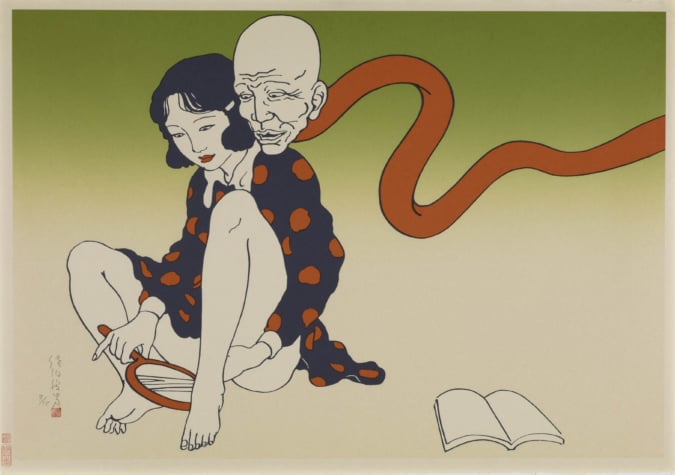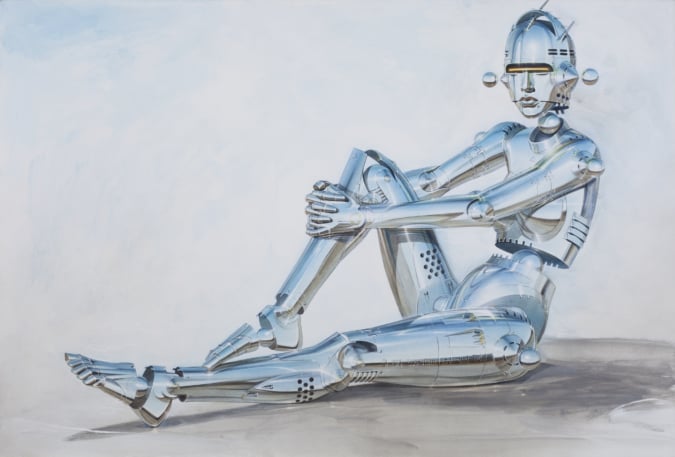Japanese Mythology Through the Eyes of Łukasz Rusznica
In 2016, the photographer spent a year following in the footsteps of 'kami' and 'yokai' for the series 'Subterranean River.'
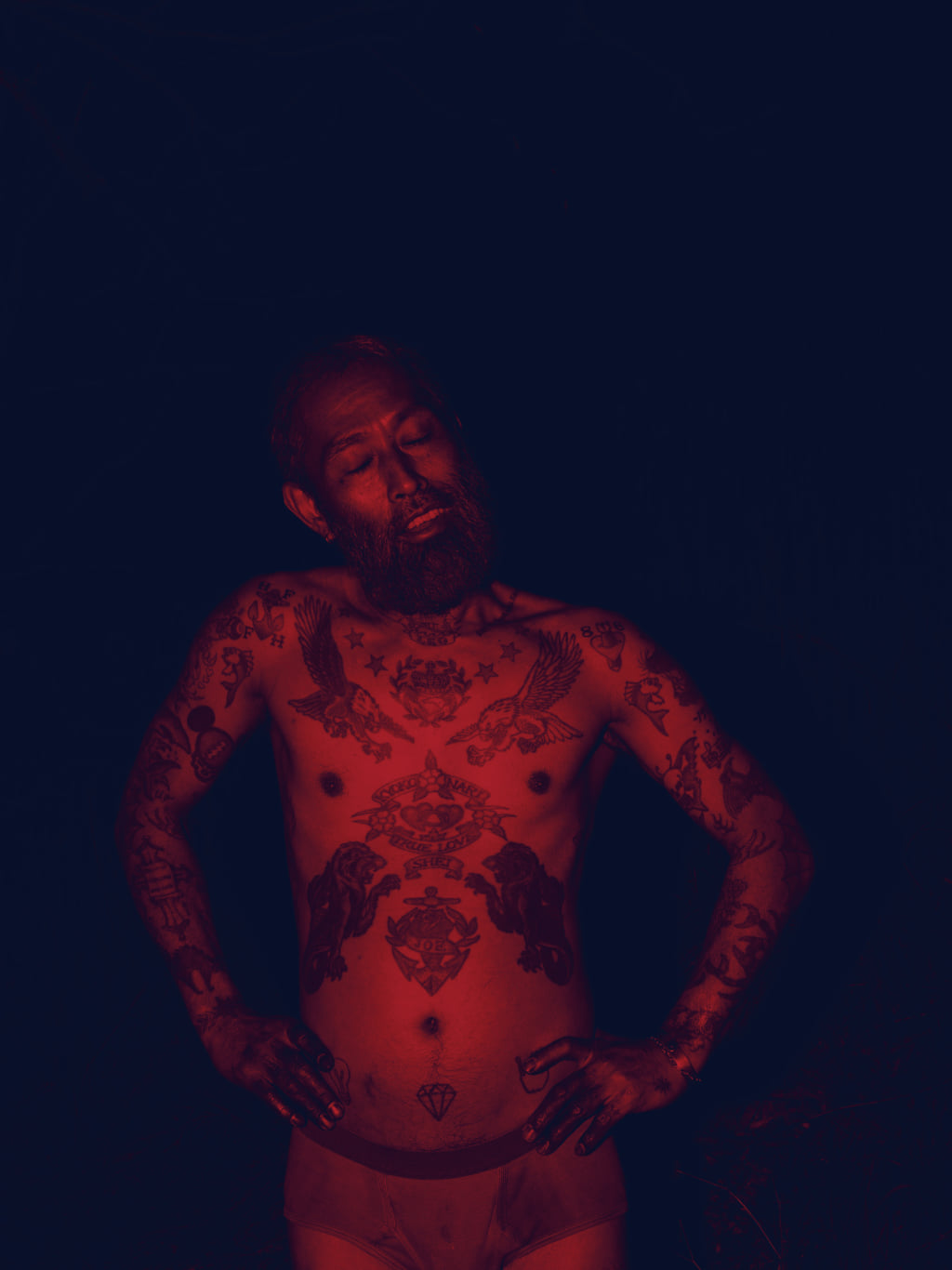
Łukasz Rusznica, “Oni”, Subterranean River, 2019
How does a European person perceive modern Japan? In 2016, Łukasz Rusznica was invited to participate in the European Eyes on Japan project. Photographers from overseas are invited to take photographs of Japan and create a portrait of the country, offering a new look at that which has become obvious and transparent to the residents. The young Polish artist‘s mission was to open Japanese people’s eyes to themselves, while remaining aware of the fact that the latter maintain a distance from these images and make allowances for the authors’ potential ignorance or misinterpretations.
The priority is to use this new vision to open up a dialogue. The experience was a first for the artist who was discovering the country and decided to approach it through its mythology. ‘It was more a visual skeleton, a key for constructing my own language, rather than a specific part of the culture that fascinated me’, the photographer declares, explaining his approach and creative pathway. After a year spent following in the footsteps of kami and yokai, the series Subterranean River took shape.
The other side of the real
Mythology, of all origins, on the border between the secret and the sacred, captivates Łukasz Rusznica. It is a narrative that is familiar to him, that fascinates him and that opens a window onto other cultures, like Japanese culture in this instance. In Japan, he discovered spirits and deities, supernatural creatures. ‘I wanted to photograph yokai, legendary monsters‘, he explains, figures that represent far more than fanciful stories, and that have forged an identity over the centuries. ‘What I really like is how in Japan, mythology is still a living, changing organism that is open to interpretation and constantly updated.’ It has a real influence on nature and the lives of people, as was written by Japanese philologist Motoori Norinaga, who the artist quotes before adding, ‘What I found crucial when working on the series, and what are clearly part of Shintoism, are kami (gods, spirits, rules, places).’ Here, however, the focus is placed on human processes rather than on a Shinto religious system.
Each portrait has a name: Ittan, Kappa, Kami, Kitsune, Tanuki… These are the protagonists in Japanese mythology. These strange photographs are bathed in a blood-red light that prevents the viewer from distinguishing the details. They are plunged straight into a supernatural, worrying universe. Łukasz Rusznica tells the viewer no more; it is up to them to do the work, to go beyond these divinities and discover their story. ‘I hope the images are sufficiently suggestive and that they provide a foundation to fill them with my own meanings, my own stories, and that’s possibly even more interesting for me than trying to deconstruct why Kitsune have tails where they do in my photos… or why the Tanuki is so terribly thin.’ All of them are scattered through the environment: ‘Rain, trees, bulrushes, and, of course, the people who make the monsters [laughs].’
Making the spiritual tangible
Nature is a complex notion for the artist, one which amounts to more than the wild state. ‘I use the word “nature” to describe everything that is subject to biological, chemical, and physical processes, everything that exists, ages, and decomposes.’ It is inseparable from humans, who form a part of it themselves, and vice versa. ‘Plants grow right next to the road, it’s a concrete river, it’s a rotting house in which flowers are growing…’ This is nature personified, with a purpose and a personality. With bright, saturated lighting, reversed colours, and inverted composition, Łukasz Rusznica’s photographs give the impression of being undeveloped shots that break the balance between shadow and light. ‘Yes, they actually come from the negative image, but I worked on them as if I were working on normal images. The colours aren’t negatives of the original colours, it’s not the opposite, it’s the original.‘ The reflection is independent of its reflected image, like the supernatural from the real. ‘These are attempts to speak about spirituality through the image’, Rusznica states. The photographer captures reality itself, and not just a recording or reproduction of it. The images talk to us about the truth of the world, in the same way as a work of fiction might.
Far from seeking perfection, the artist is more interested in the switch between the banal and the unusual, and this is what motivated his work throughout this entire year. Łukasz Rusznica does not aim to map Japan as it is, but rather as he feels it, capturing it in the image of his trip, with a mixture of excitement and fear, where the feeling of tension is combined with a sense of all the possibilities. He offers more than a new look at Japan: his work is a blend of the hypersensitivity and selfishness he feels, a self-directed vision of his own internal process of discovery. In the same way that Japanese mythology evolves with time, Japan, in its desire to cultivate its identity through the eyes of artists from overseas, remains anchored in the present and thus continues to develop its modern mythology. The full body of work is presented in the book European Eyes on Japan.
Subterranean River (2019) by Łukasz Rusznica is a series that can be viewed on the artist’s website and in the catalogue European Eyes on Japan Vol. 18.
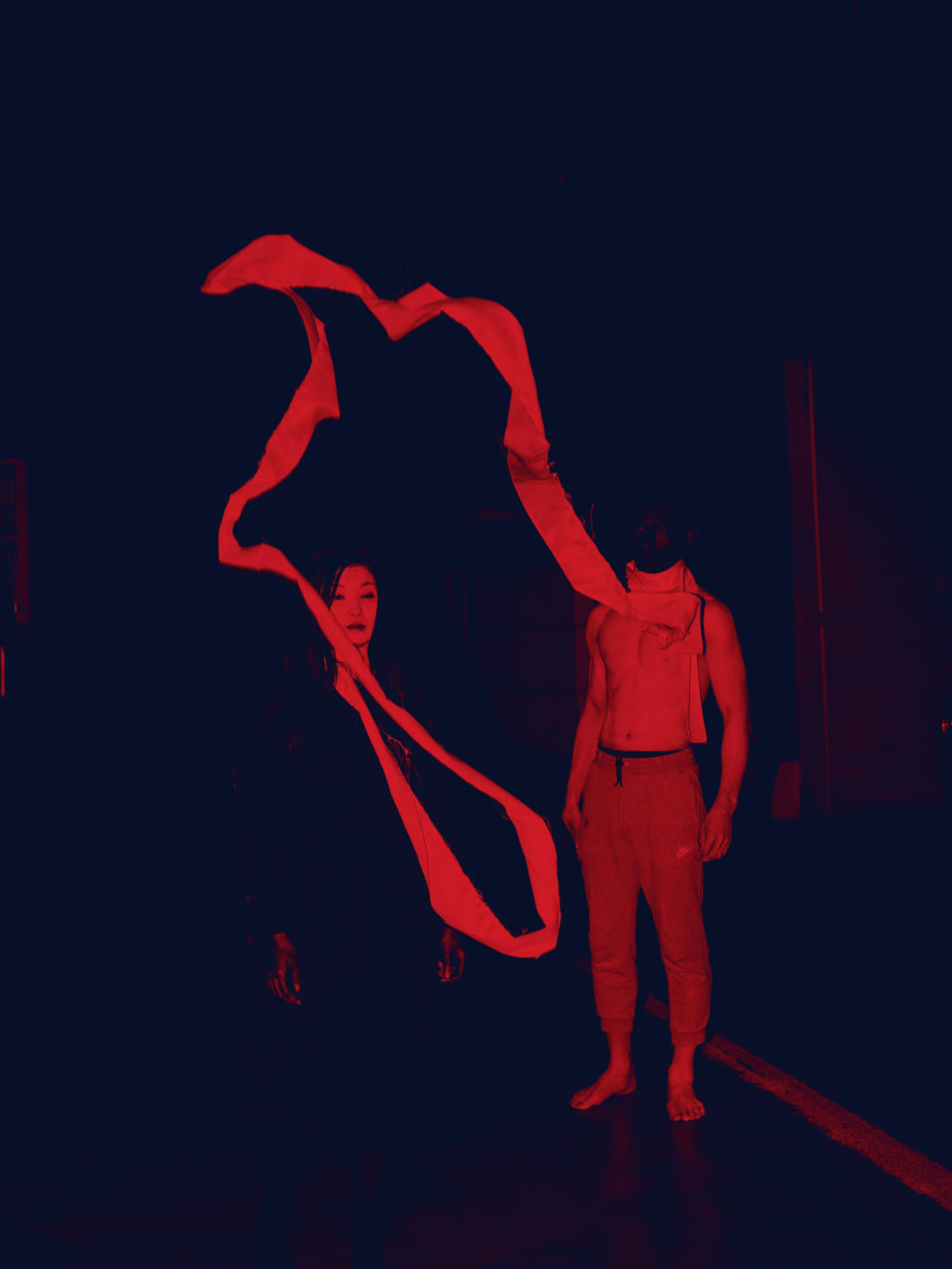
Łukasz Rusznica, 'Rokurokubi', Subterranean River, 2019
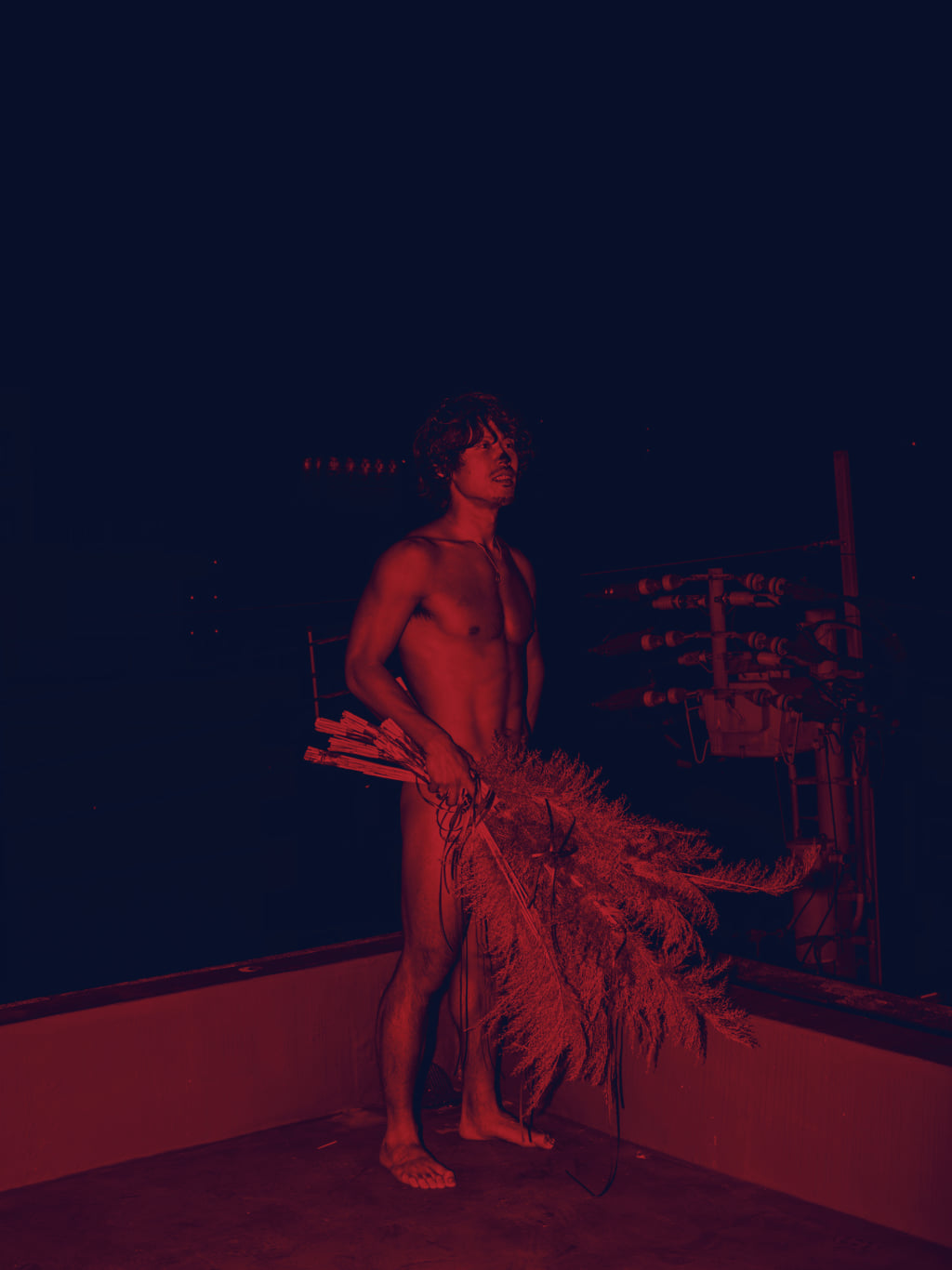
Łukasz Rusznica, 'Kitsune', Subterranean River, 2019
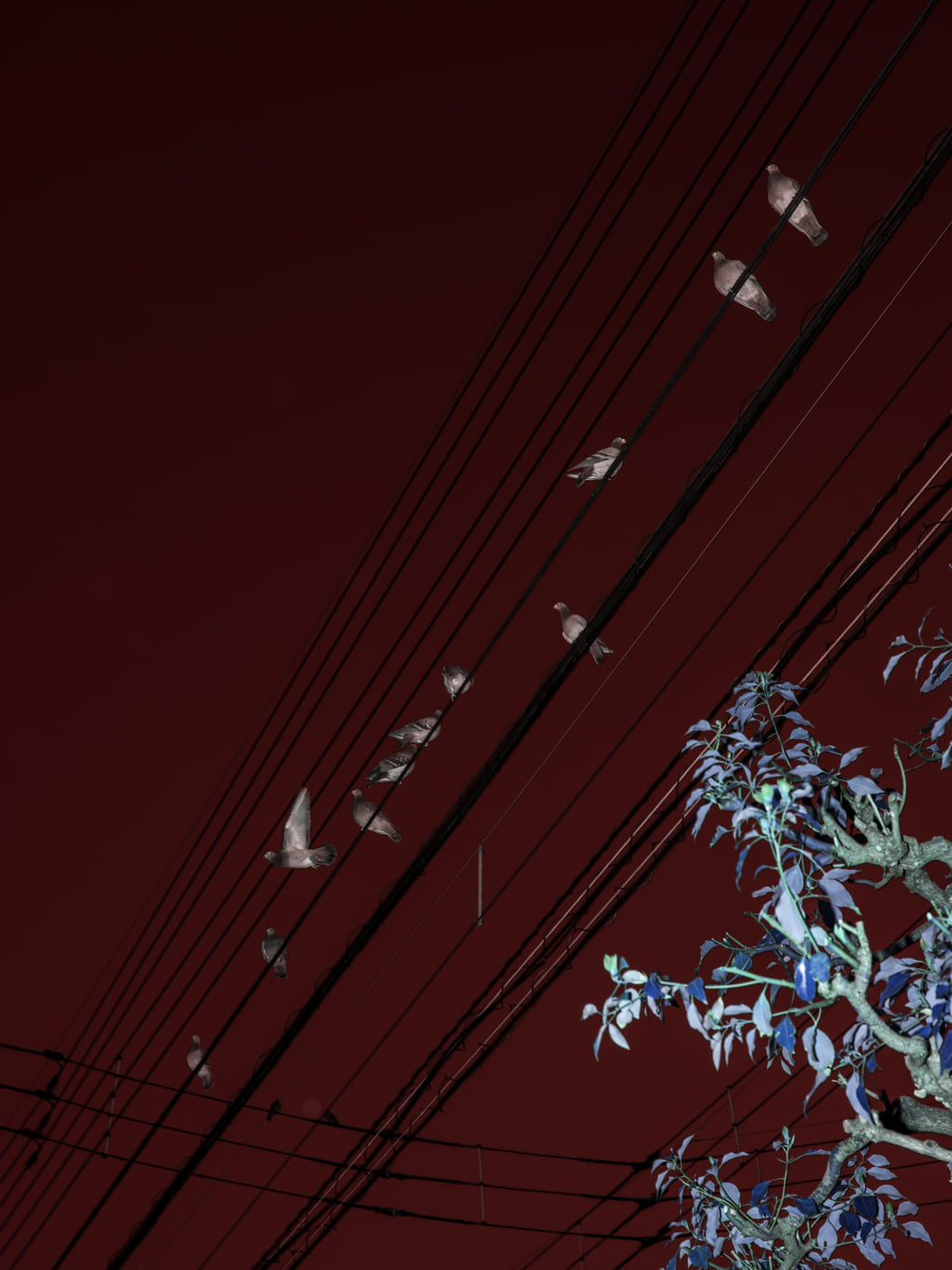
Łukasz Rusznica, 'Subterranean River', 2019
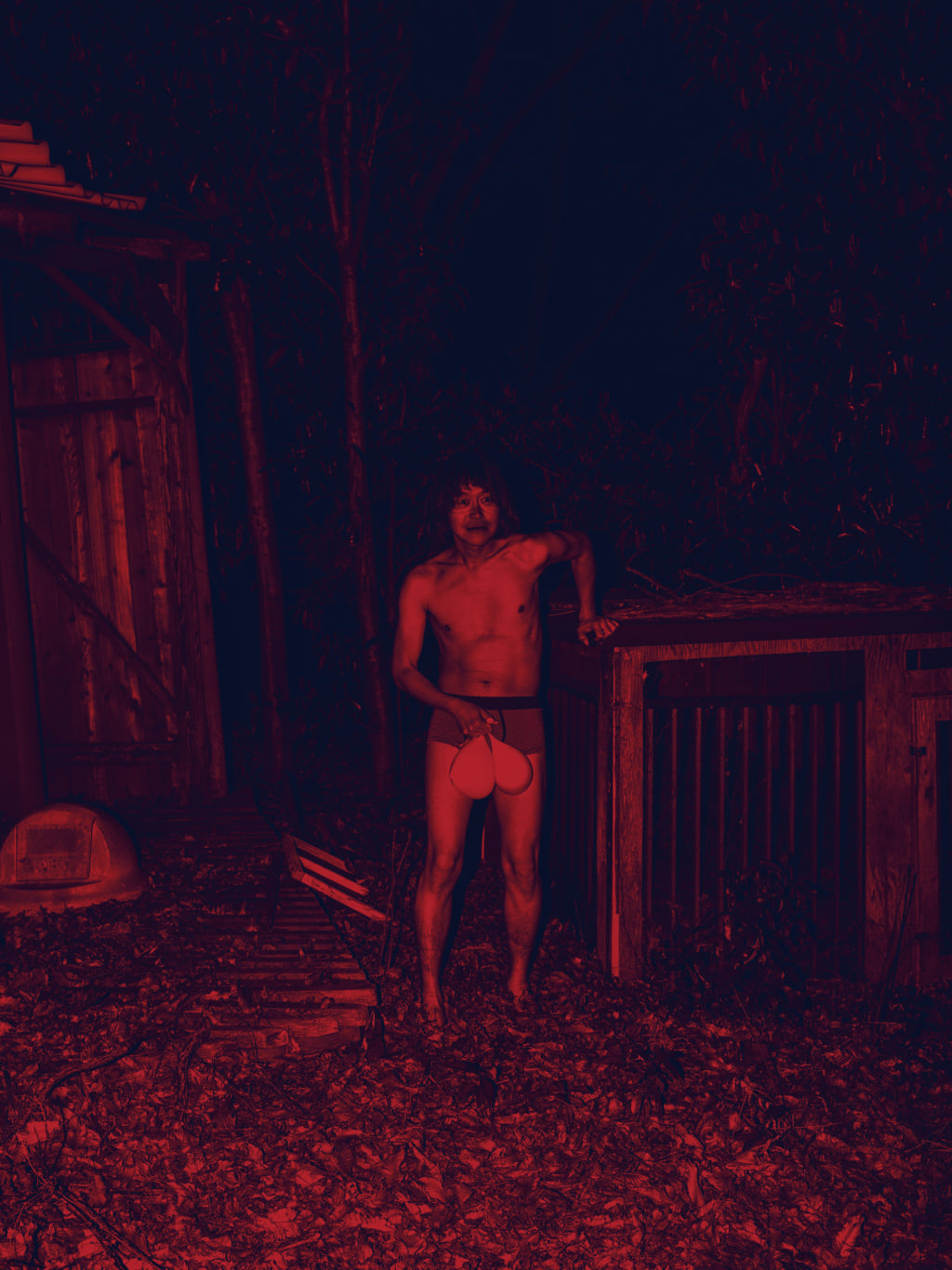
Łukasz Rusznica, 'Tanuki', Subterranean River, 2019
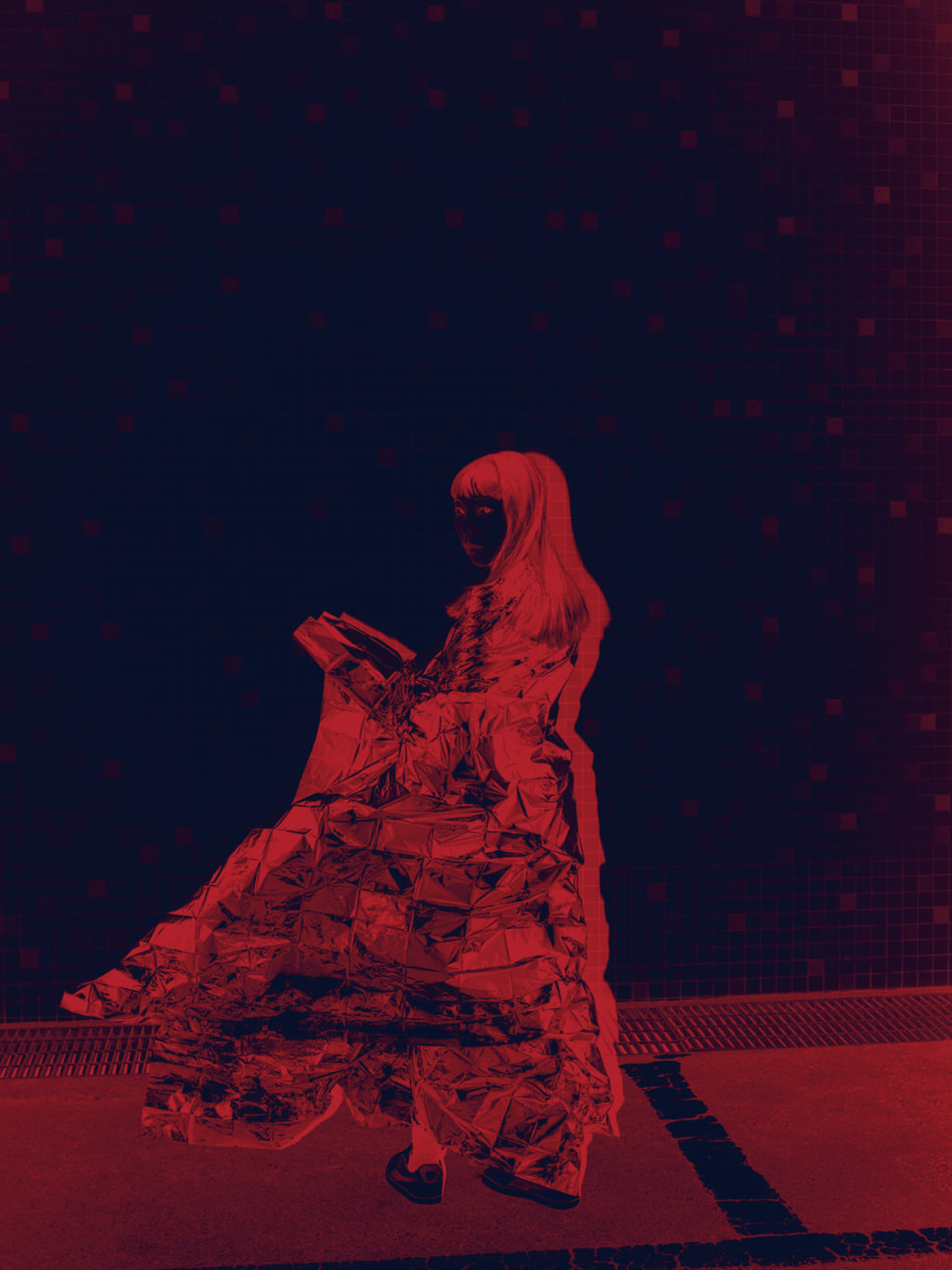
Łukasz Rusznica, 'Yuki Onna', Subterranean River, 2019
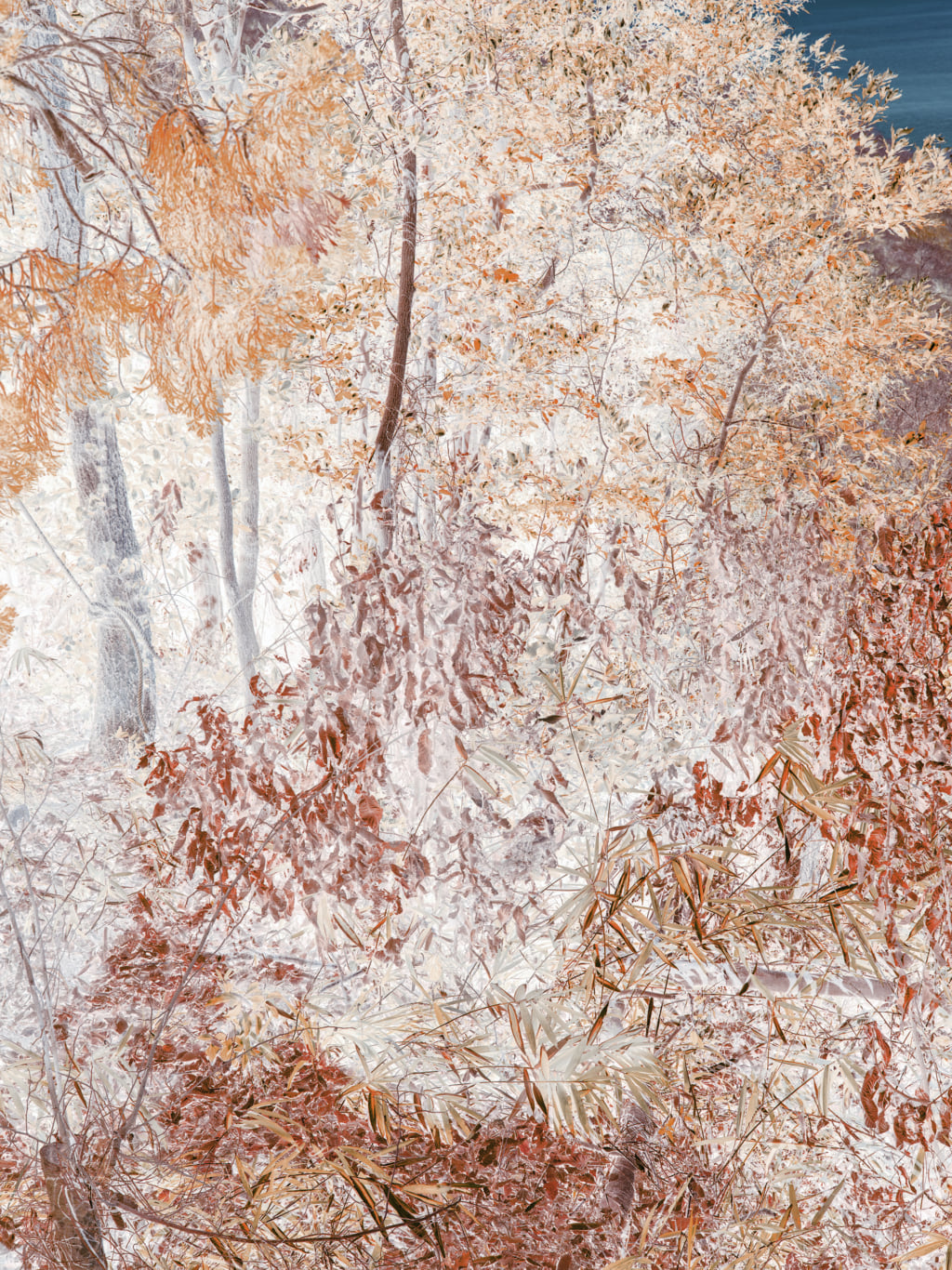
Łukasz Rusznica, 'Subterranean River', 2019
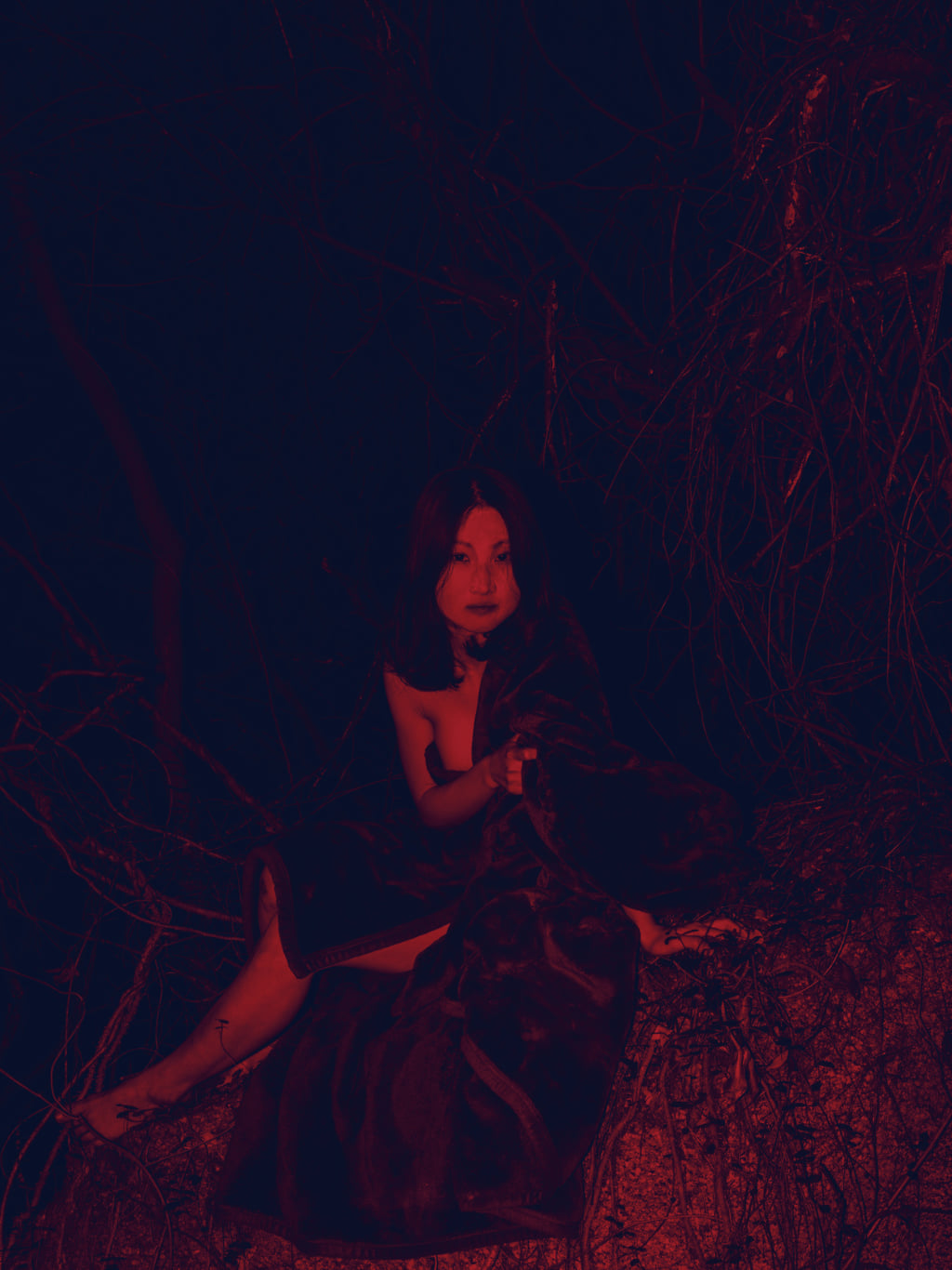
Łukasz Rusznica, 'Yama Uba', Subterranean River, 2019
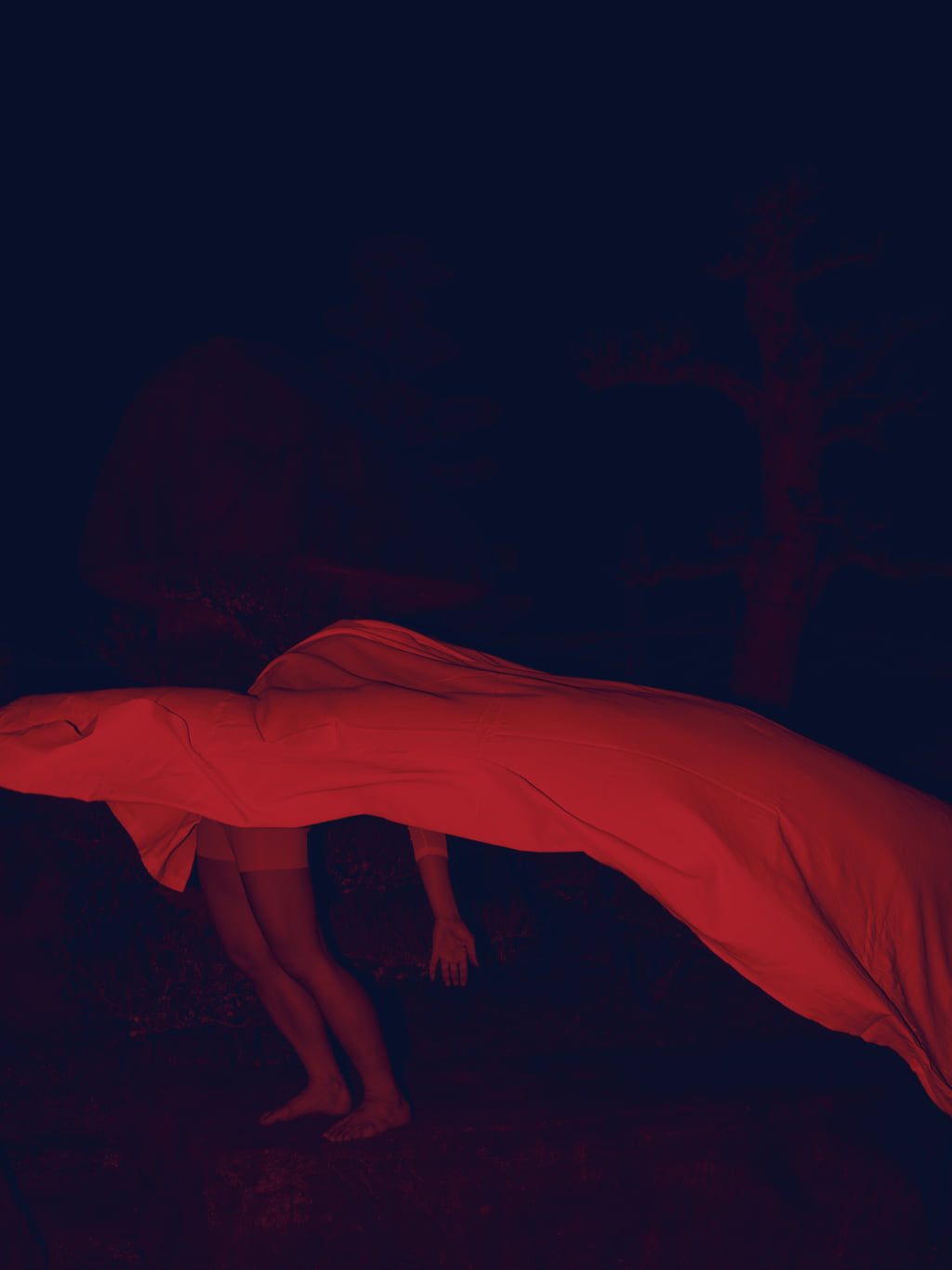
Łukasz Rusznica, 'Ittan momen', Subterranean River, 2019
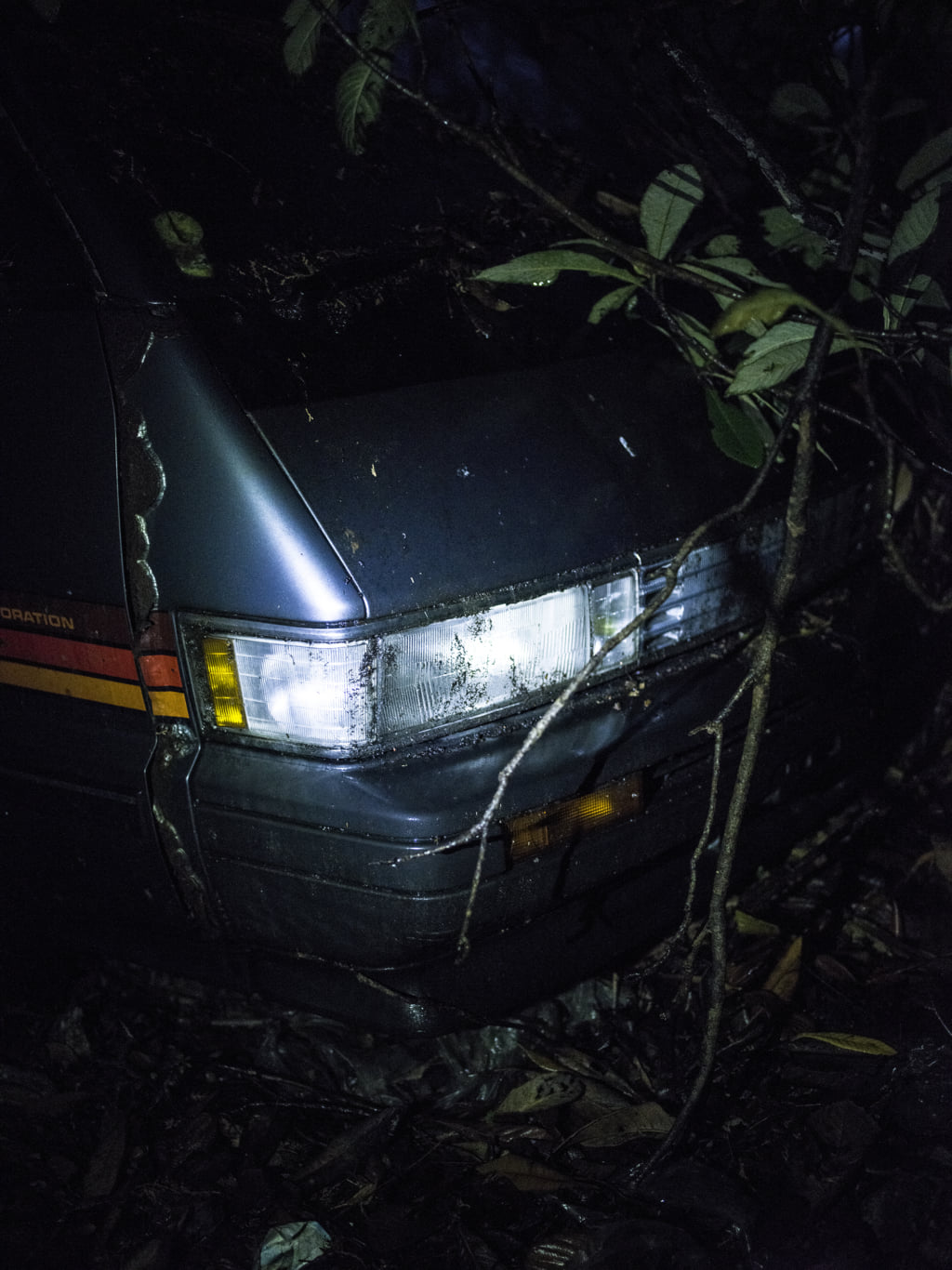
Łukasz Rusznica, 'Subterranean River', 2019
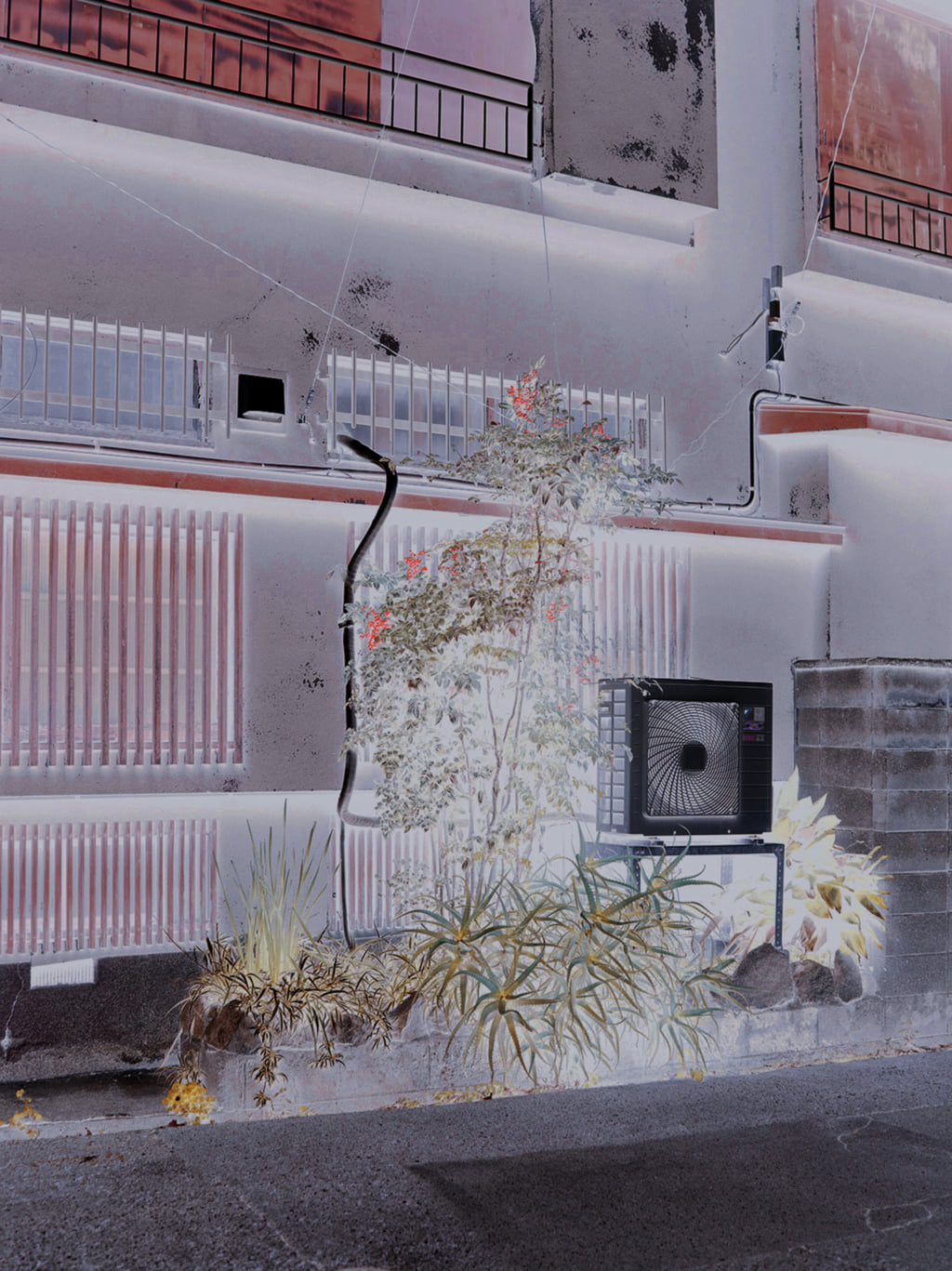
Łukasz Rusznica, 'Subterranean River', 2019
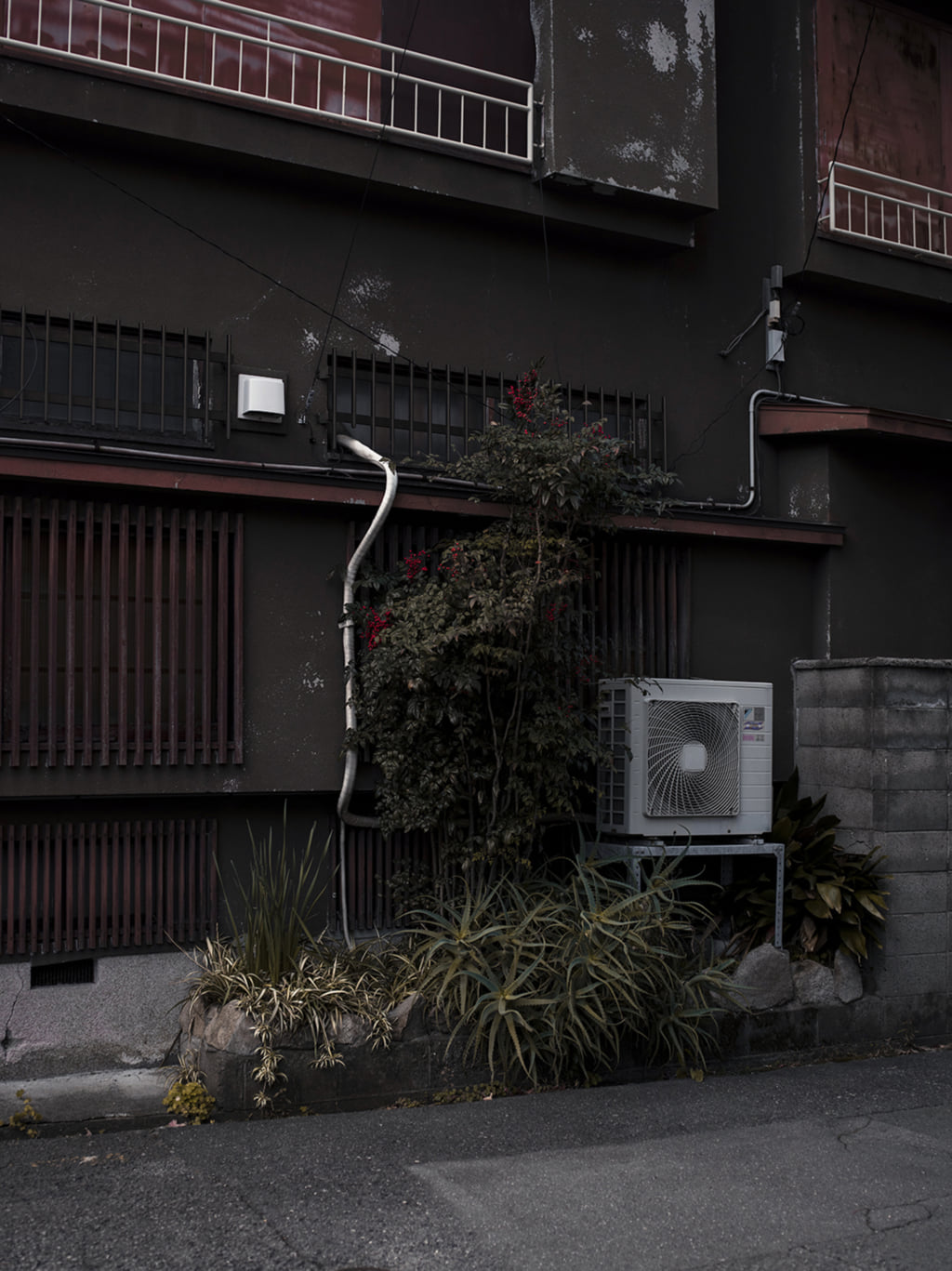
Łukasz Rusznica, 'Subterranean River', 2019
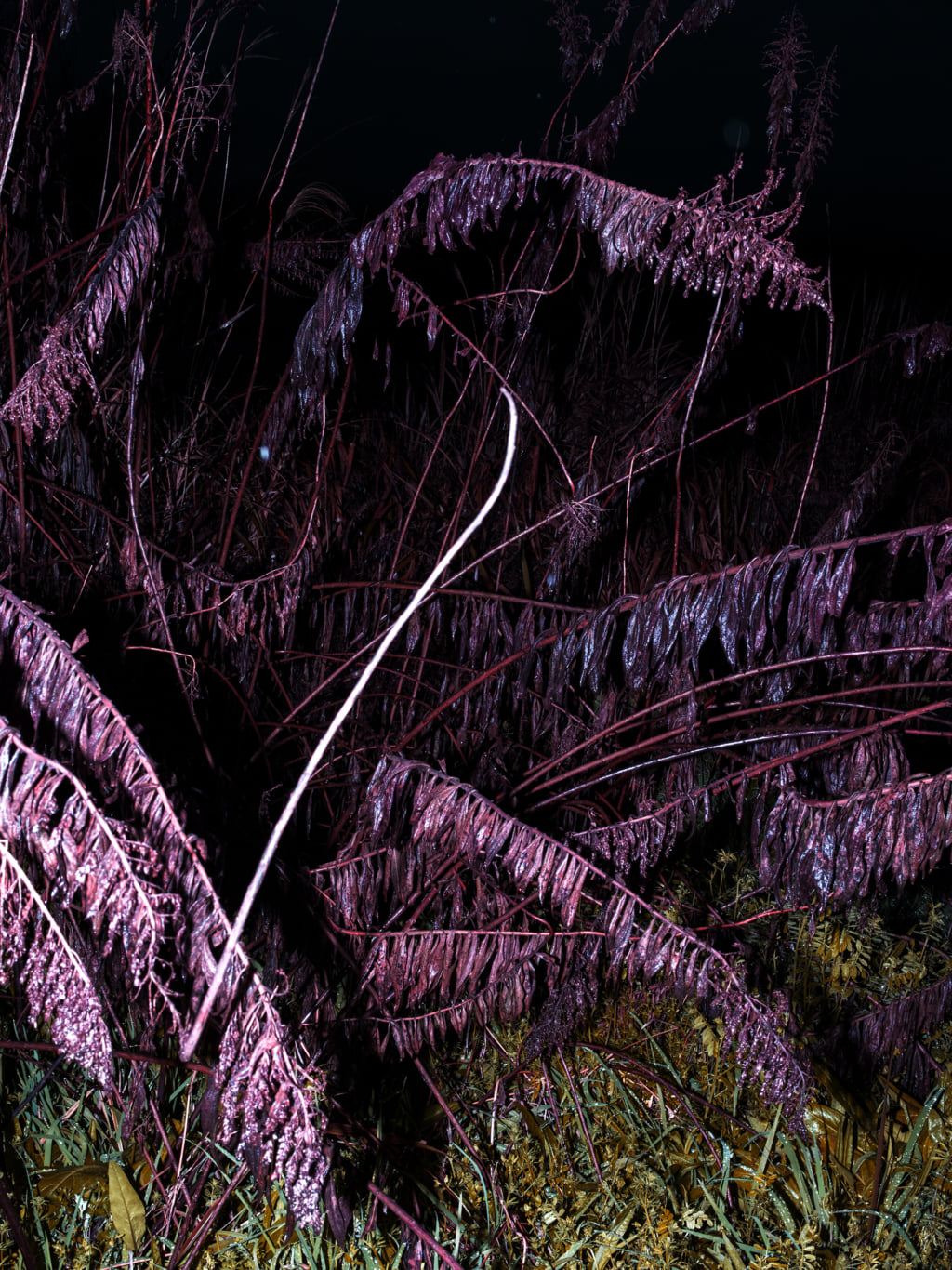
Łukasz Rusznica, 'Subterranean River', 2019
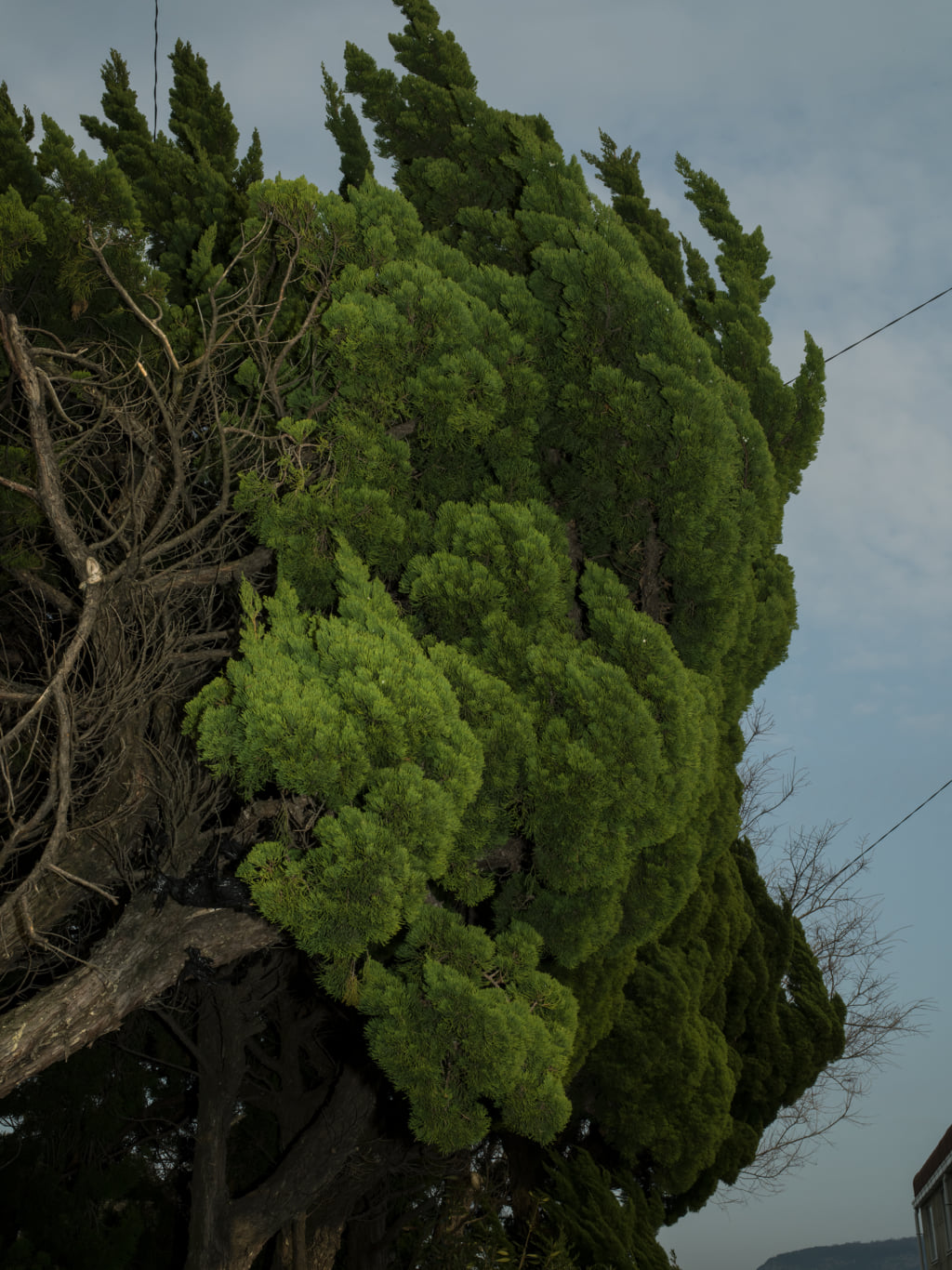
Łukasz Rusznica, 'Subterranean River', 2019
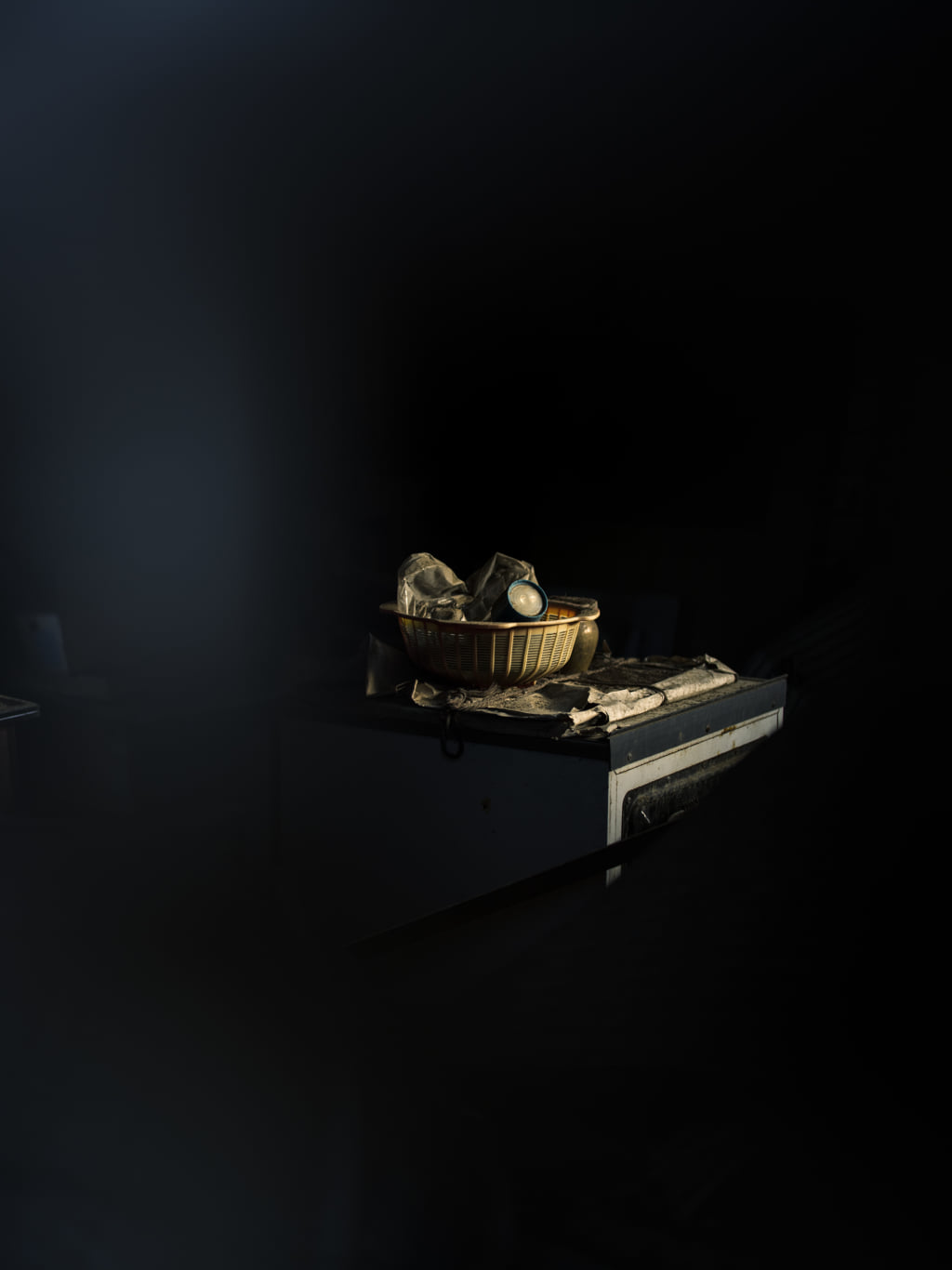
Łukasz Rusznica, 'Subterranean River', 2019
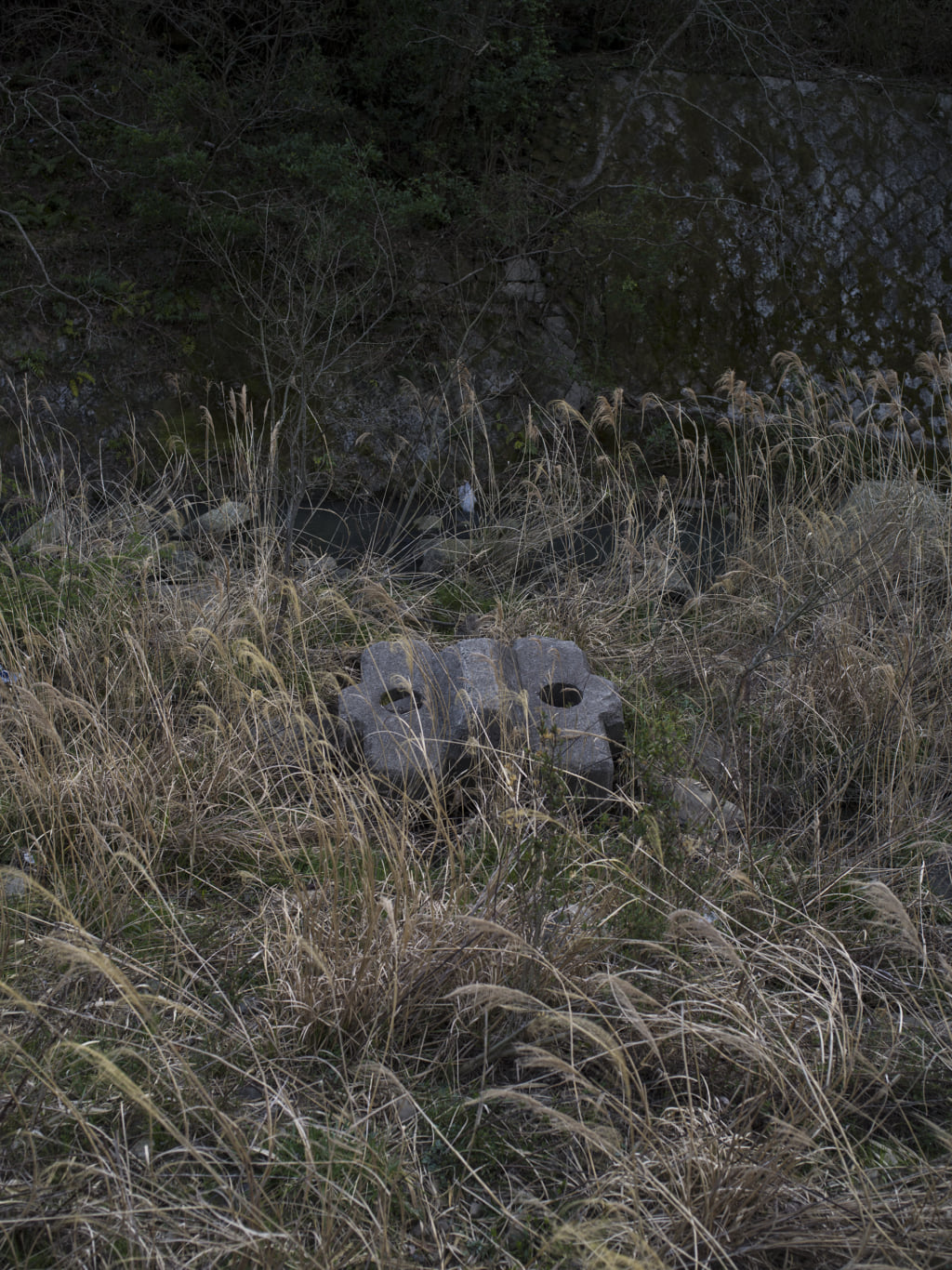
Łukasz Rusznica, 'Subterranean River', 2019
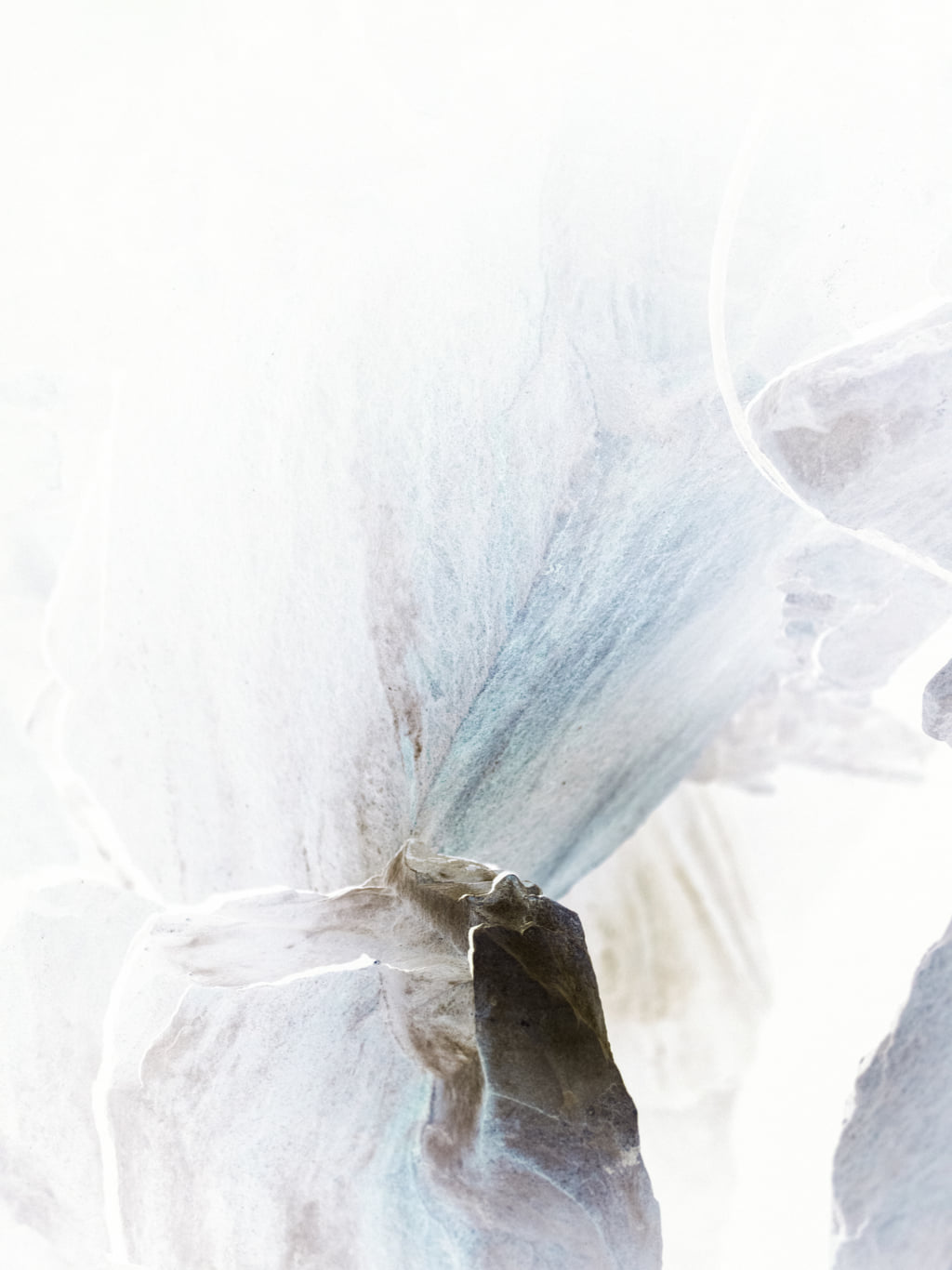
Łukasz Rusznica, 'Subterranean River', 2019
TRENDING
-
A House from the Taisho Era Reveals Its Secrets
While visiting an abandoned building, Hamish Campbell discovered photographs the owner had taken of the place in the 1920s.

-
The Taboo-Breaking Erotica of Toshio Saeki
The master of the 1970s Japanese avant-garde reimagined his most iconic artworks for a limited box set with silkscreen artist Fumie Taniyama.

-
With Meisa Fujishiro, Tokyo's Nudes Stand Tall
In the series 'Sketches of Tokyo', the photographer revisits the genre by bringing it face to face with the capital's architecture.

-
Masahisa Fukase's Family Portraits
In his series ‘Family’, the photographer compiles surprising photos in which he questions death, the inescapable.

-
Hajime Sorayama's Futuristic Eroticism
The illustrator is the pioneer for a form of hyperrealism that combines sensuality and technology and depicts sexualised robots.


